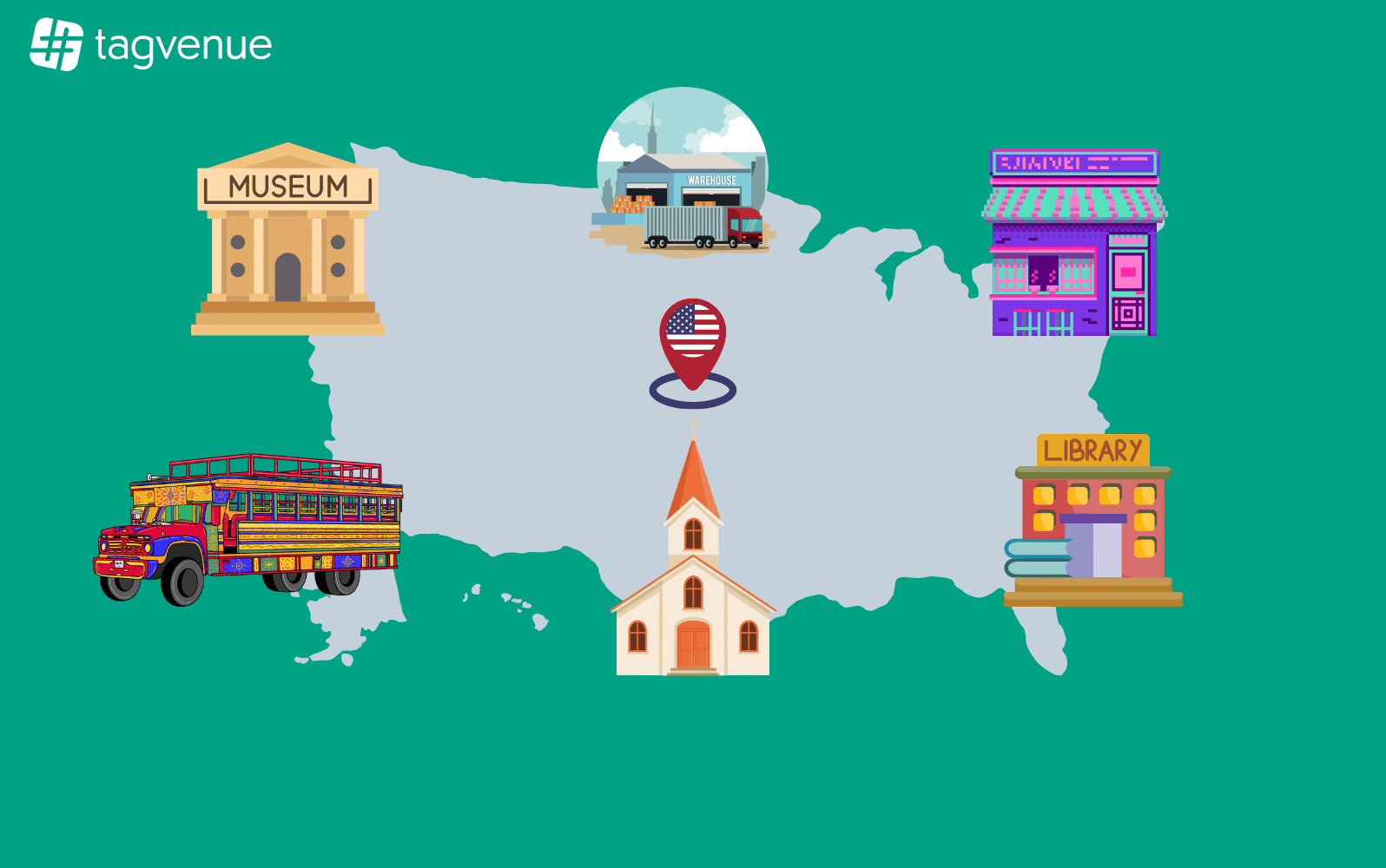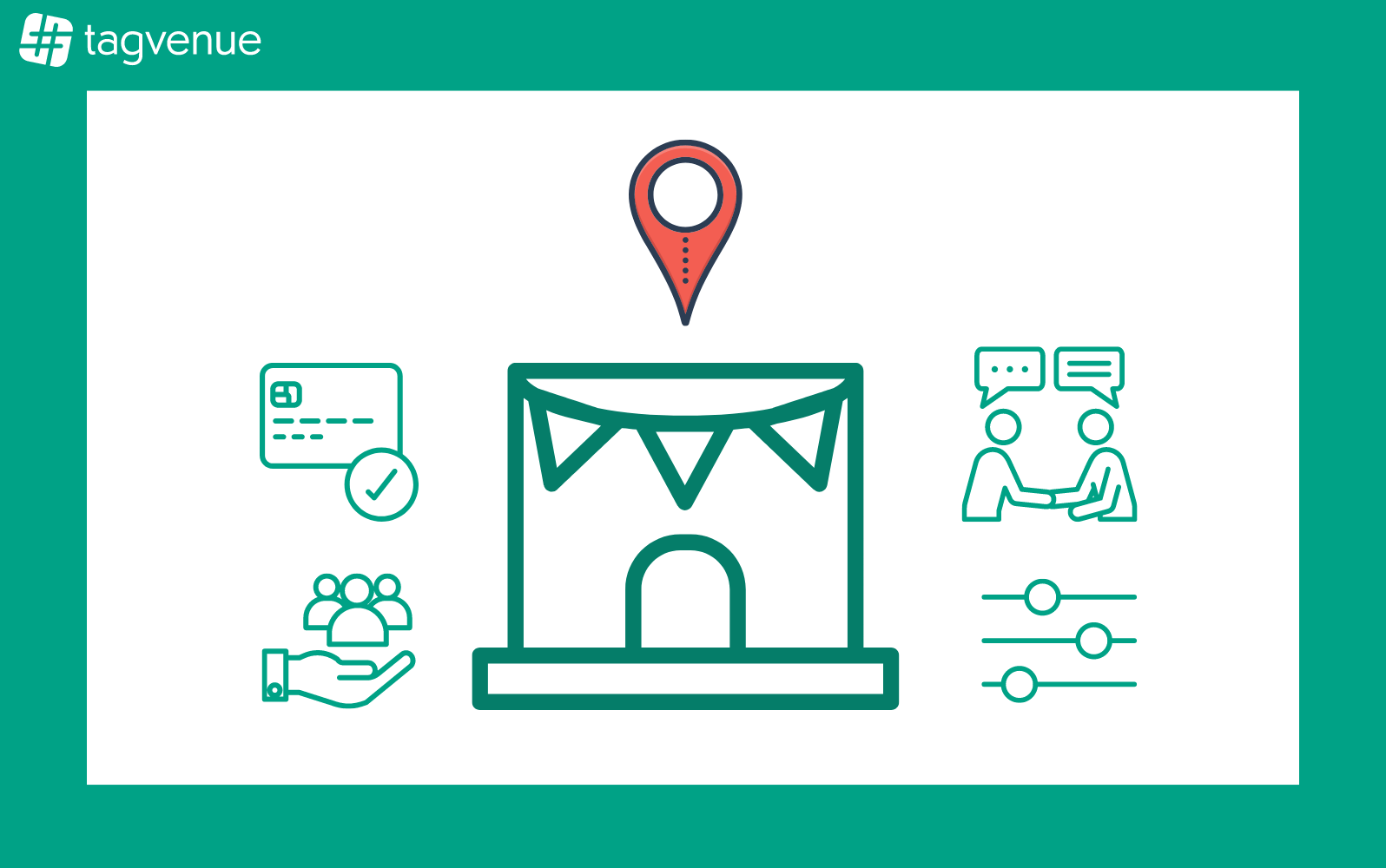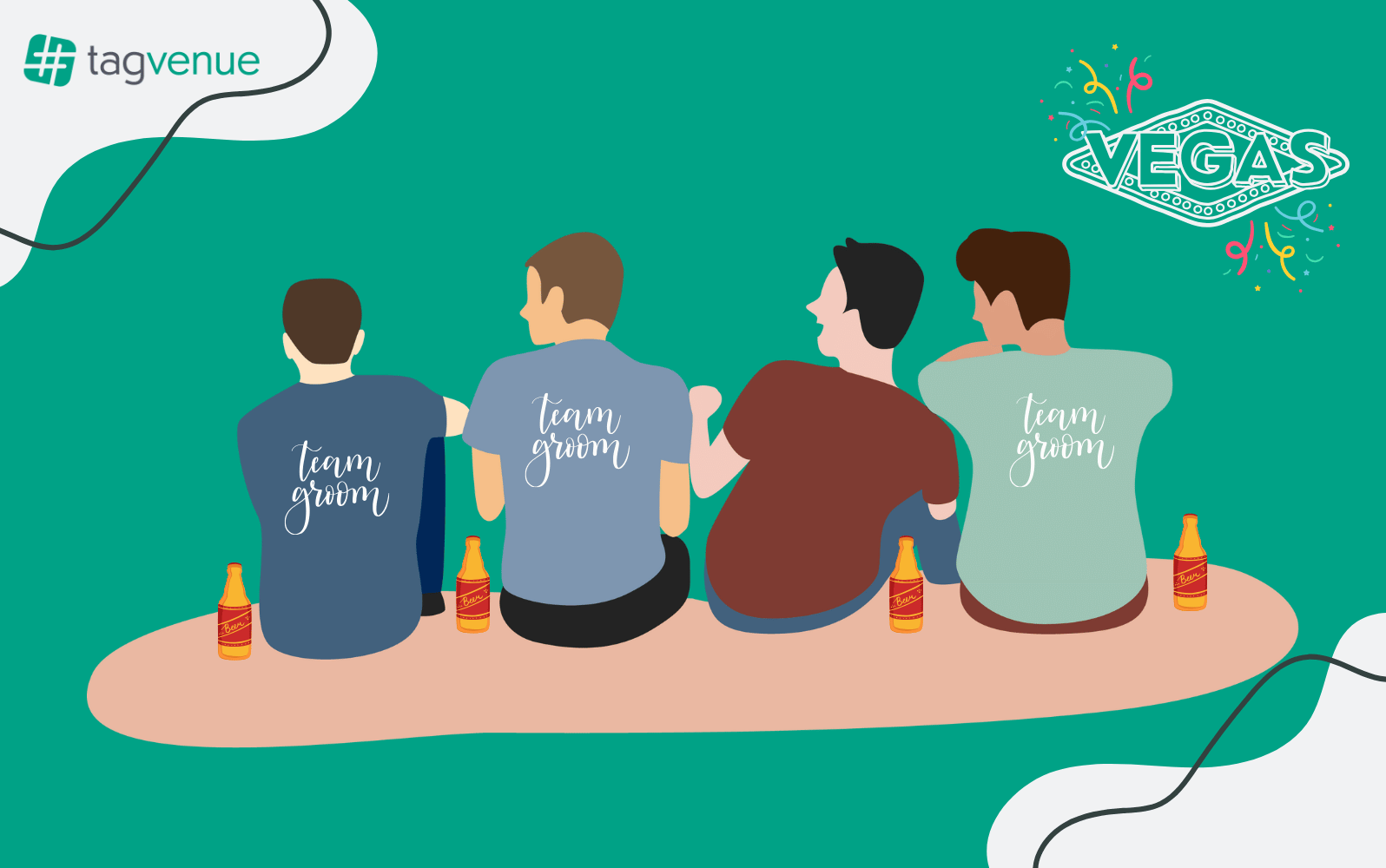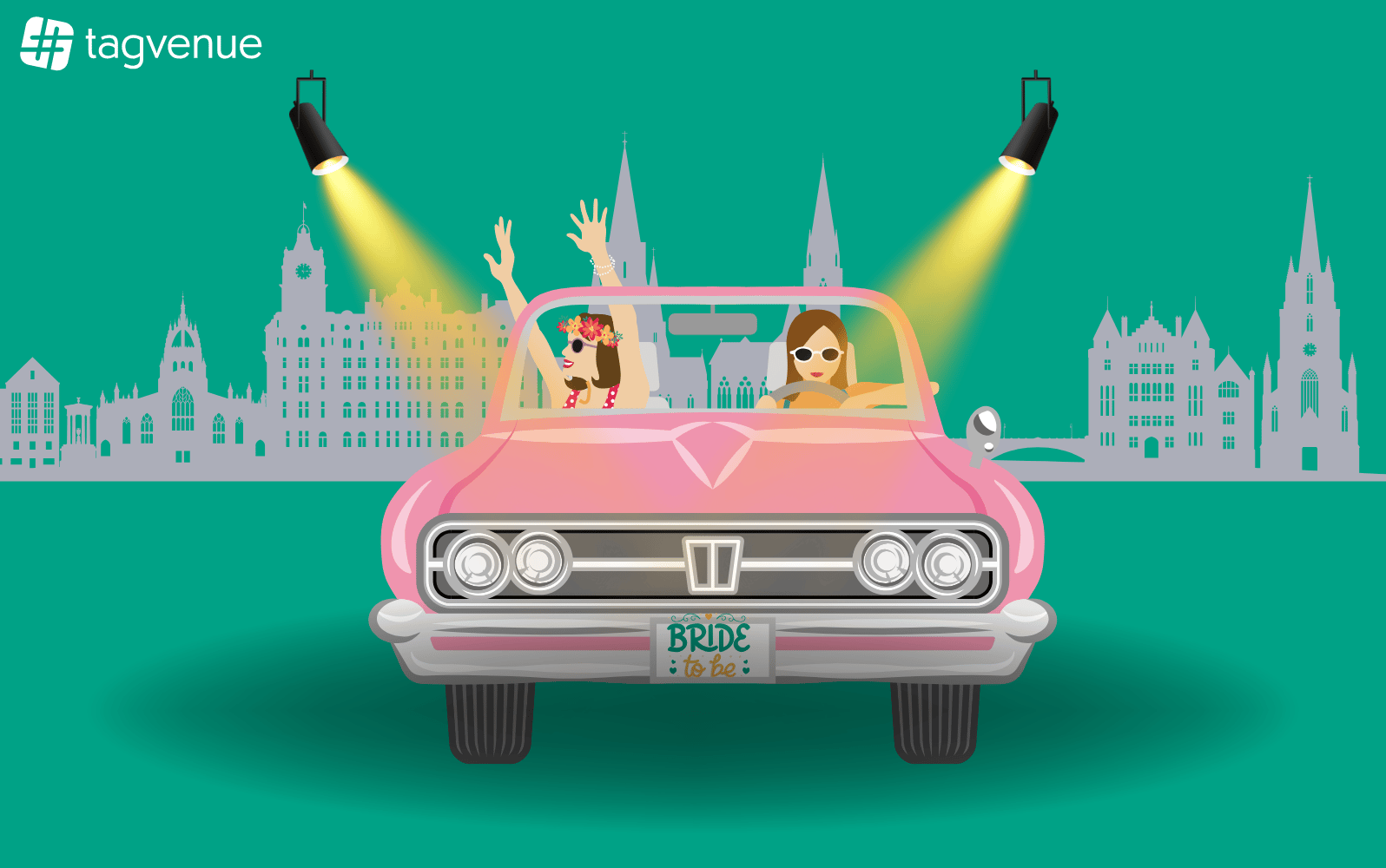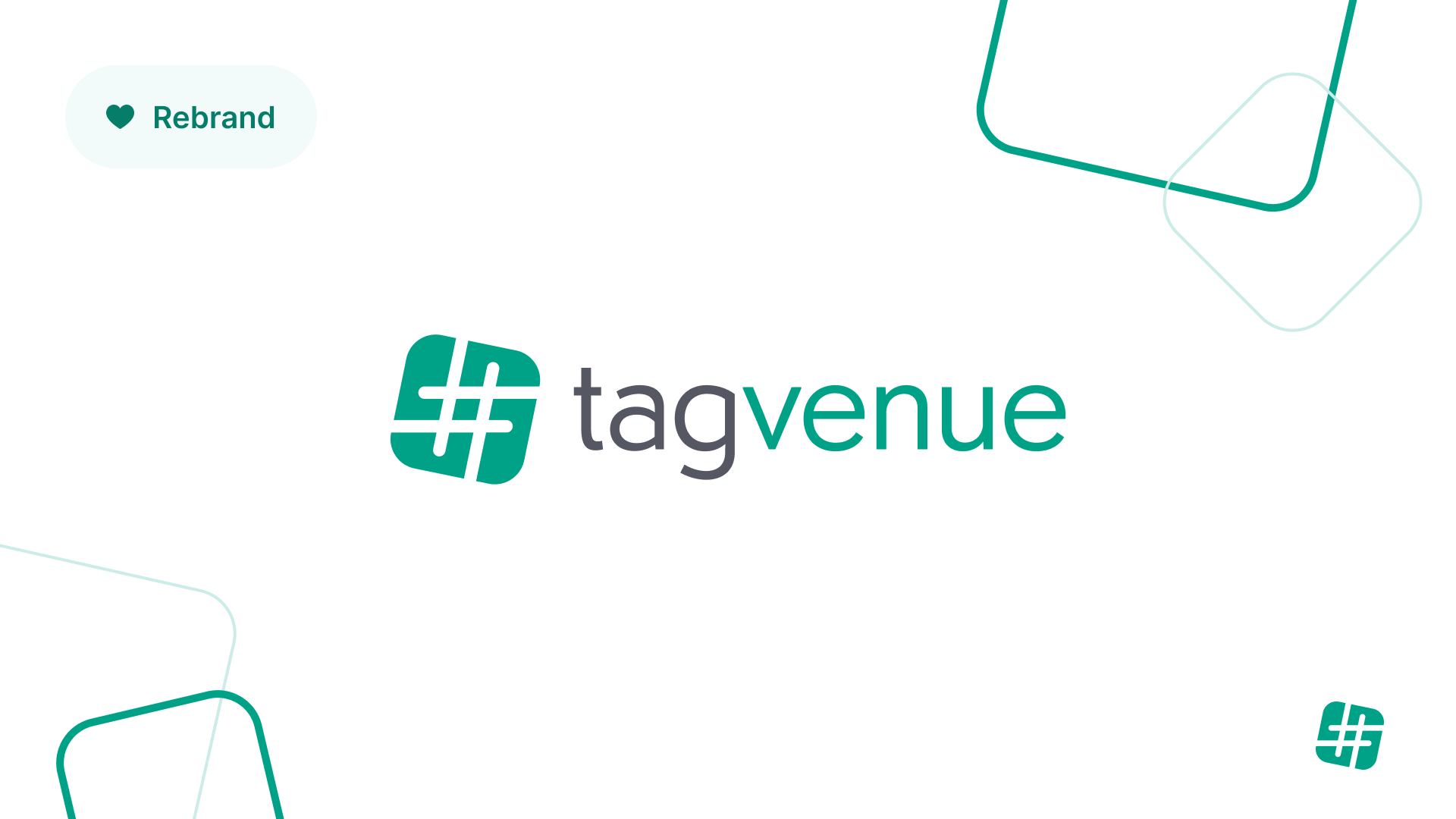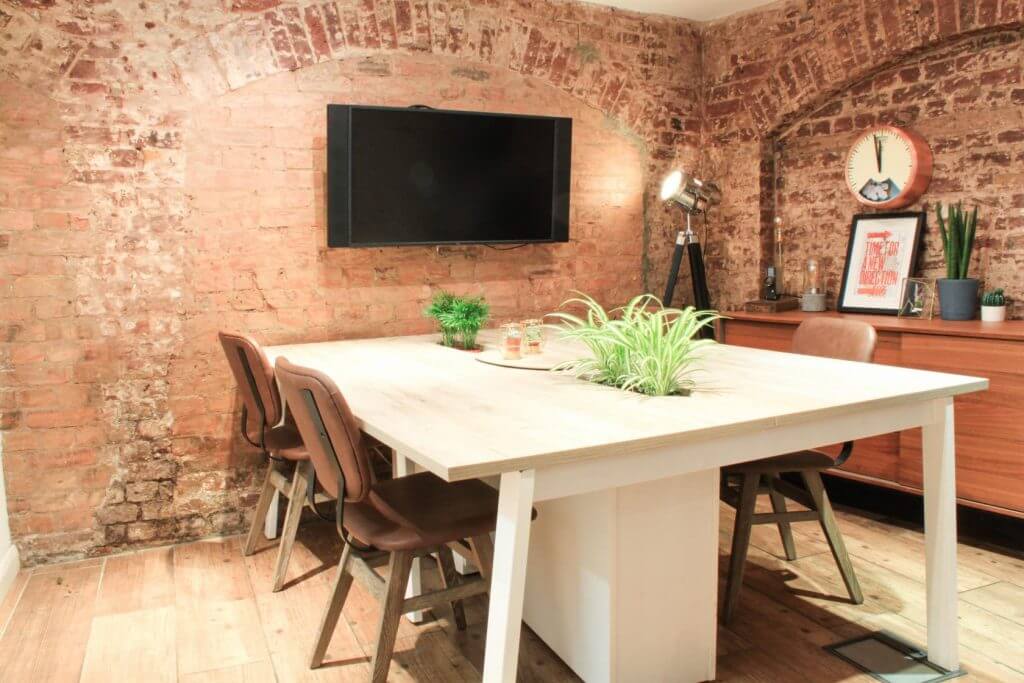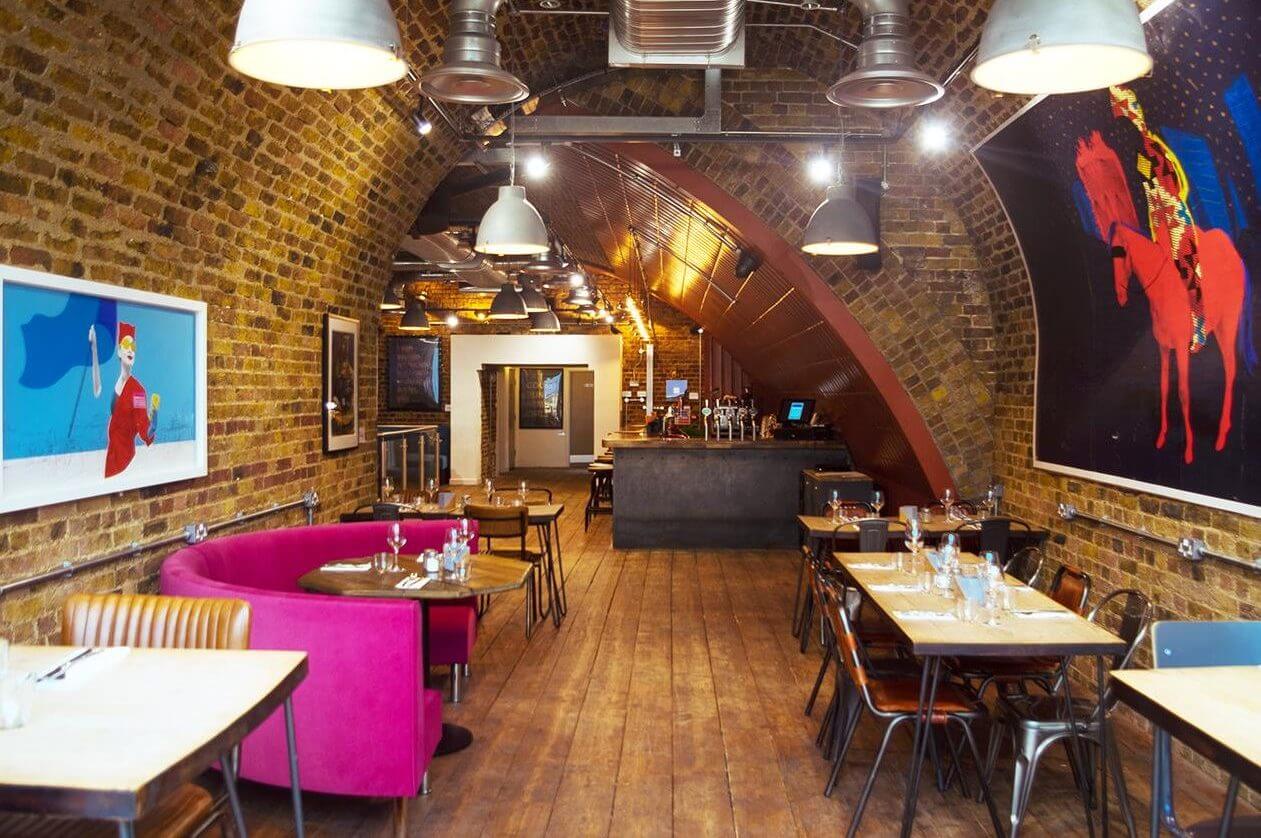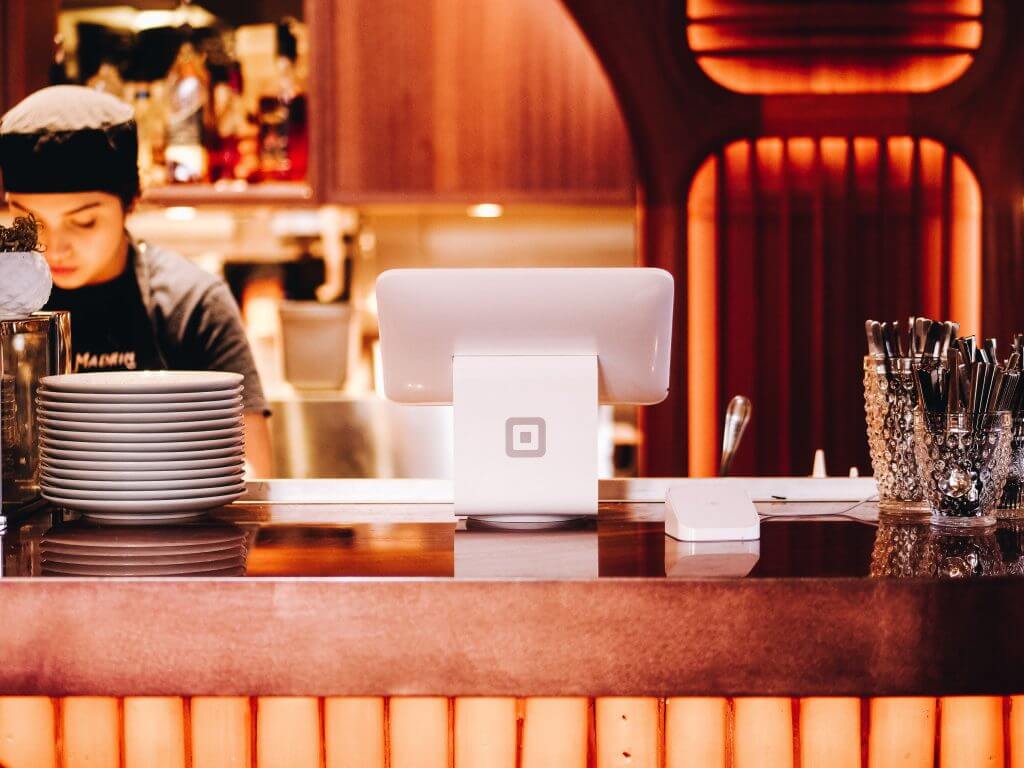Tagvenue Blog
Find inspiration for any event imaginable

Event Management
February 6, 2026
Read more

Venue Management
February 11, 2026
Read more

Venue Management
January 27, 2026
Read more

Venue Management
February 3, 2026
Read more

Event Management
January 26, 2026
Read more

Holiday Festivities
November 28, 2025
Read more


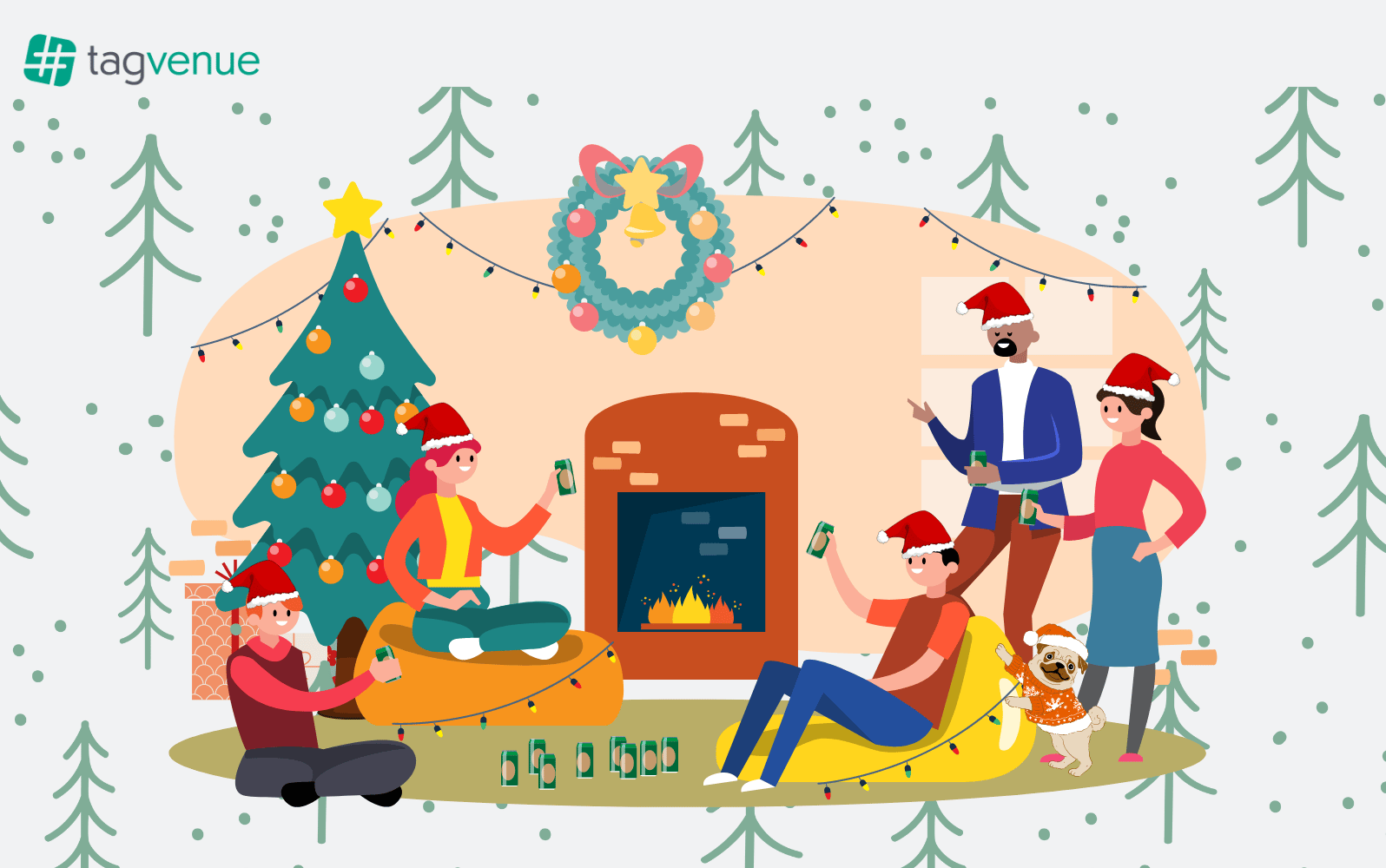
Corporate Celebrations
November 28, 2025
Read more
The latest from the blog

Event Management
How to Transform Your Venue into a Multi-Purpose Event Space and Boost Revenue
March 4, 2026

Event Management
How to Price Your Venue: A Practical Tagvenue Guide for Small Businesses
February 6, 2026

Event Management
How to Increase Event Space Visibility Through a Venue Marketplace – The Tagvenue Way
February 4, 2026

Venue Management
The NYC Wedding Venue Marketing Guide: Strategies to Increase Bookings in 2026
February 11, 2026
Private Events
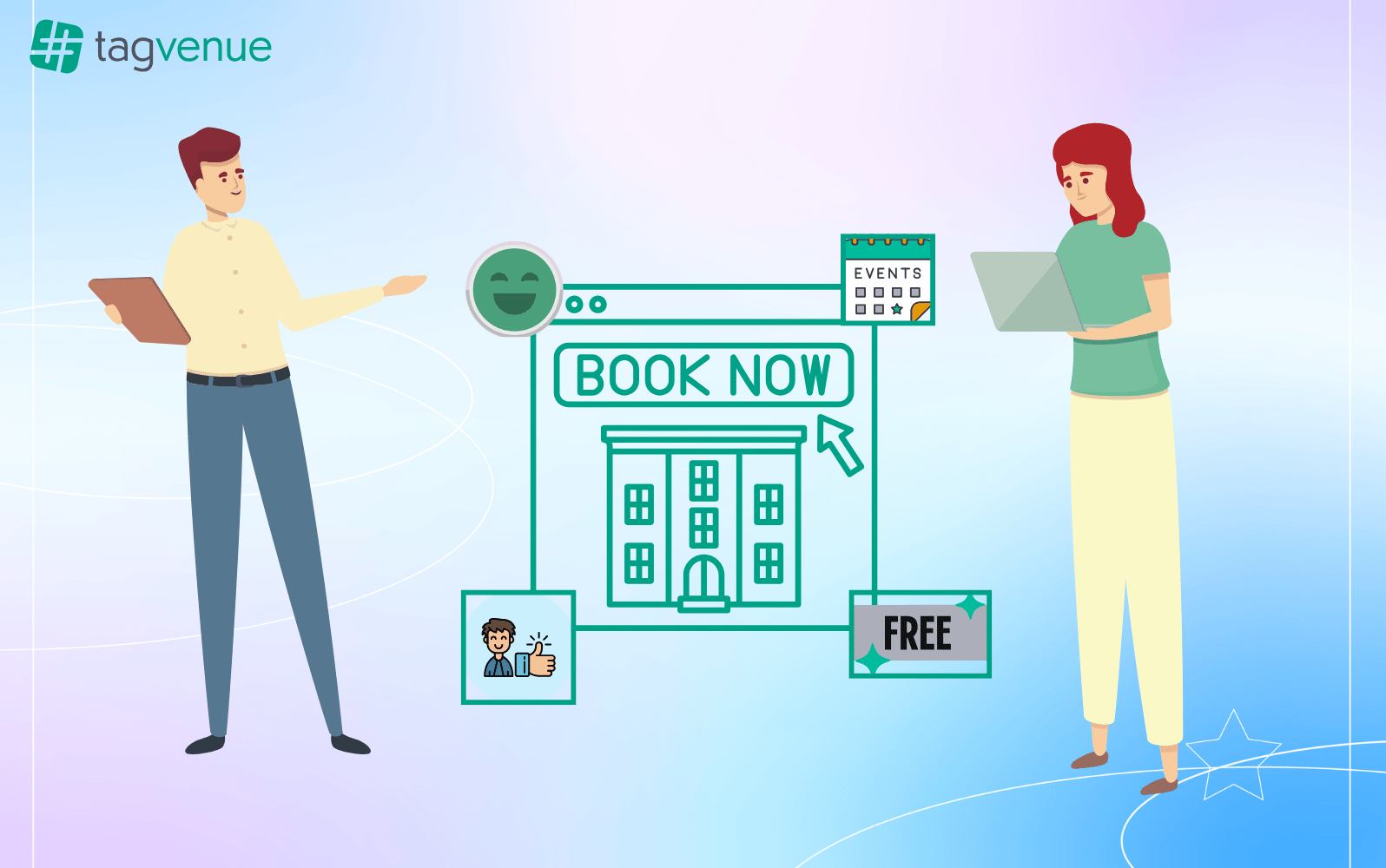
Event Management
Why Is Booking Free for Users on Tagvenue? (And How Do We Make Money)
December 4, 2025

Birthday Parties
Top 15 Things to Do for Your 21st Birthday in London: The Ultimate Guide
June 20, 2025

Seasonal Parties
Your NYE Party Booking Checklist – Ask These 11 Questions Before Choosing Your Venue
June 2, 2025

Private Parties
New Year’s Eve Party Planning Checklist (with Bonus Tips at the End!)
October 25, 2024
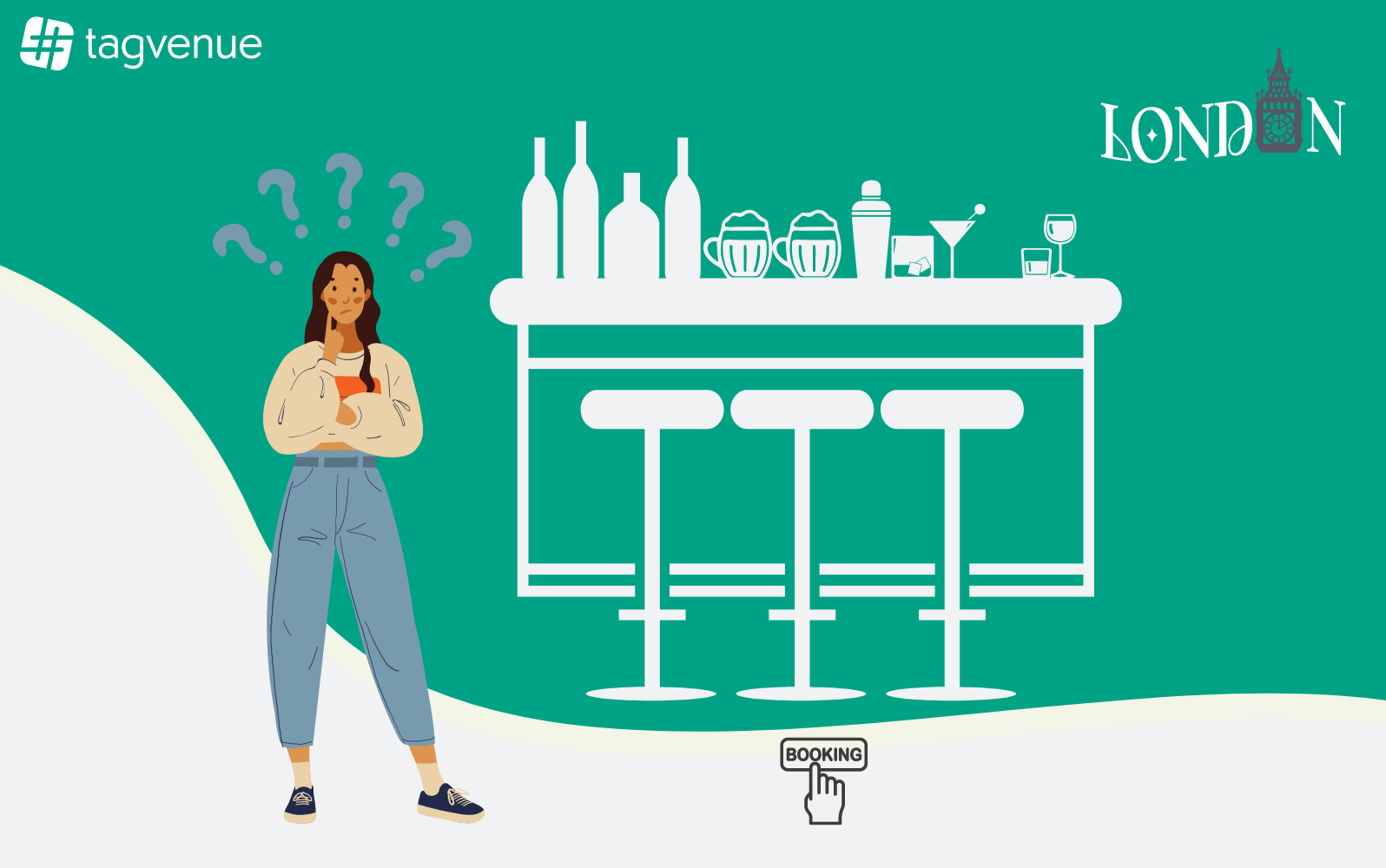
Private Parties
Top Questions to Ask Before Booking a Private Bar in London, According to a Venue Manager
March 5, 2025
Business Events

Corporate Celebrations
Top Team Building Ideas in Perth Your Team Will Actually Enjoy
January 23, 2026

Team Building Events
Organizing Successful Company Workshops: Expert Tips and Insights
November 6, 2025

Corporate Parties
From Casual to Formal – 10 Ideas & Activities for a Successful Corporate Party in Los Angeles
January 12, 2026

Team Building Events
11 Awesome Corporate Event Ideas, Activities and Venues in Melbourne to Consider for Your Team
July 25, 2025
Creative Production
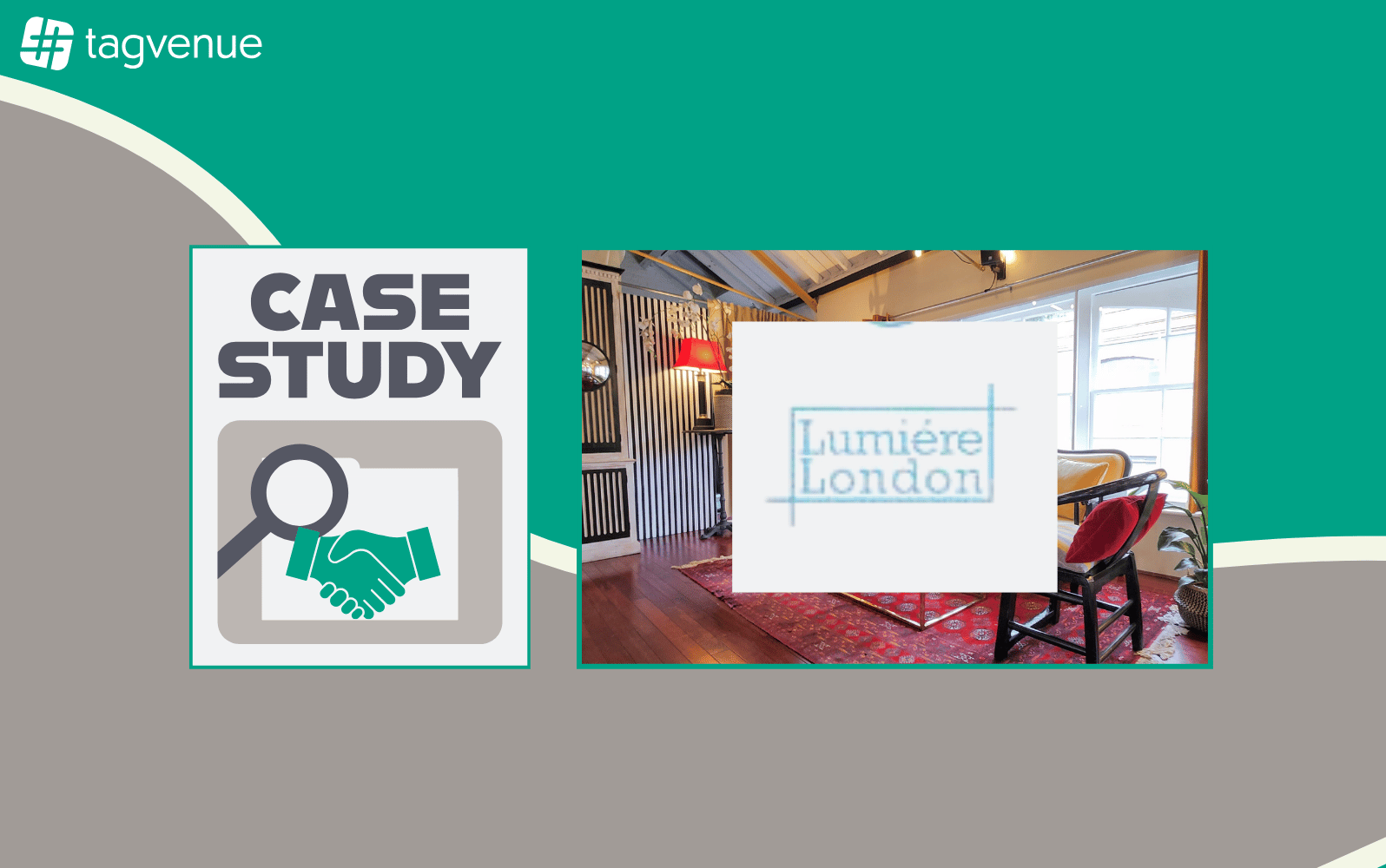
Photography
Case Study: How Lumiere’s Lustre Provided an Alluring Event Space For Budding Artists and Major Film Studios Alike
October 23, 2024
Wedding Planning

Pre-Wedding Parties
Fun Hen Party Ideas for Your Bride Squad to Have a Great Time in Liverpool
November 6, 2025

Wedding Ceremonies
How Hannah and Ben Planned Their Dream Wedding in Just 8 Weeks at Careys Manor & SenSpa
January 21, 2026

Pre-Wedding Parties
Fun, Classy, and Cheap Hen Do Ideas in Sydney that Will Impress Your Squad
February 11, 2026

Pre-Wedding Parties
Cheers to the Groom: Fun and Chilled Bucks Party Ideas in Melbourne
December 2, 2024
Christmas Parties

Holiday Festivities
What to Serve Your Guests at a Christmas Afternoon Tea in London
November 28, 2025

Corporate Celebrations
Top 7 Things You Should Know When Throwing a Company Christmas Party in London
November 28, 2025
Newsroom
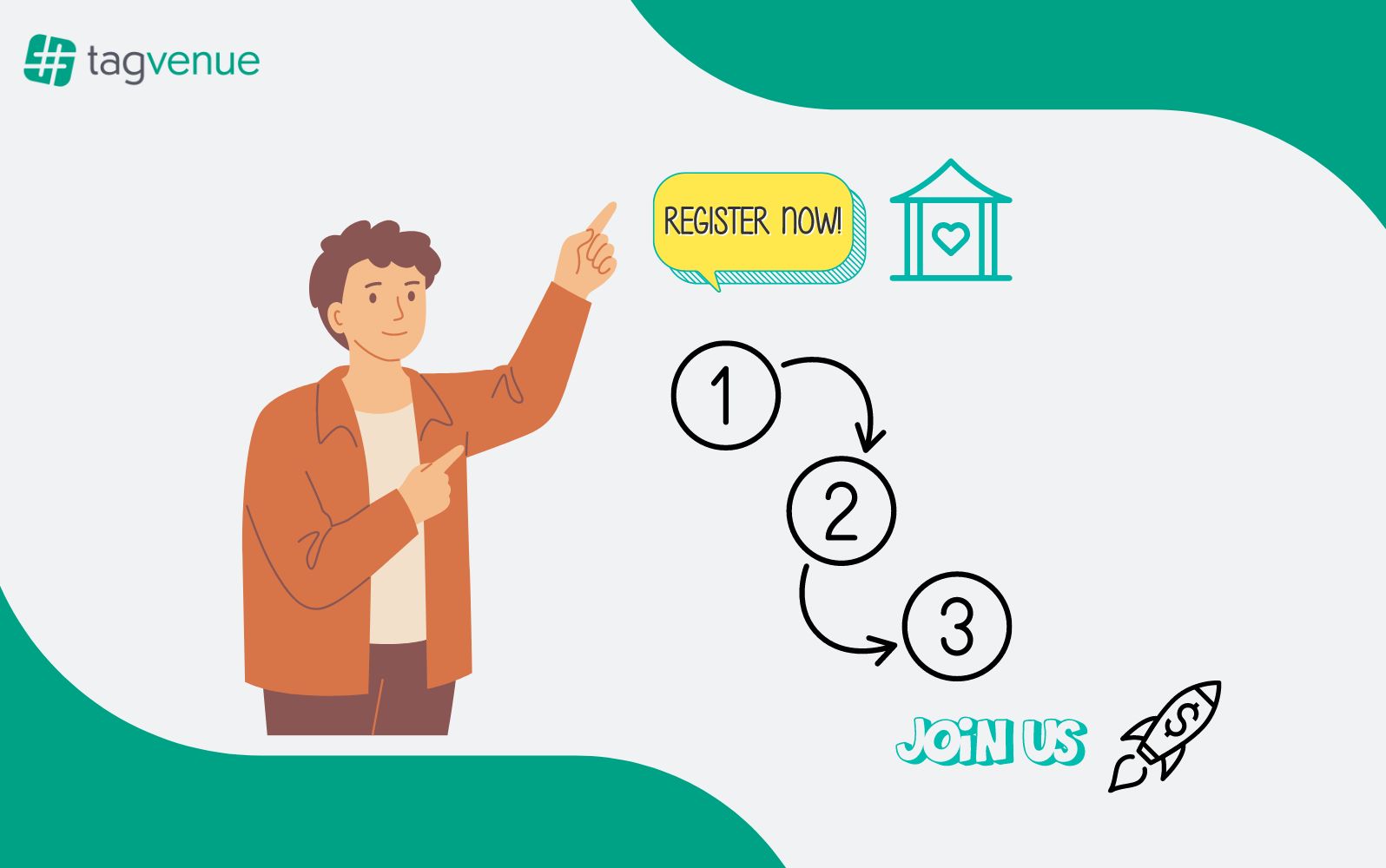
Venue Management
Want to self-register your venue with us? Here’s how to get set up on Tagvenue
November 21, 2025
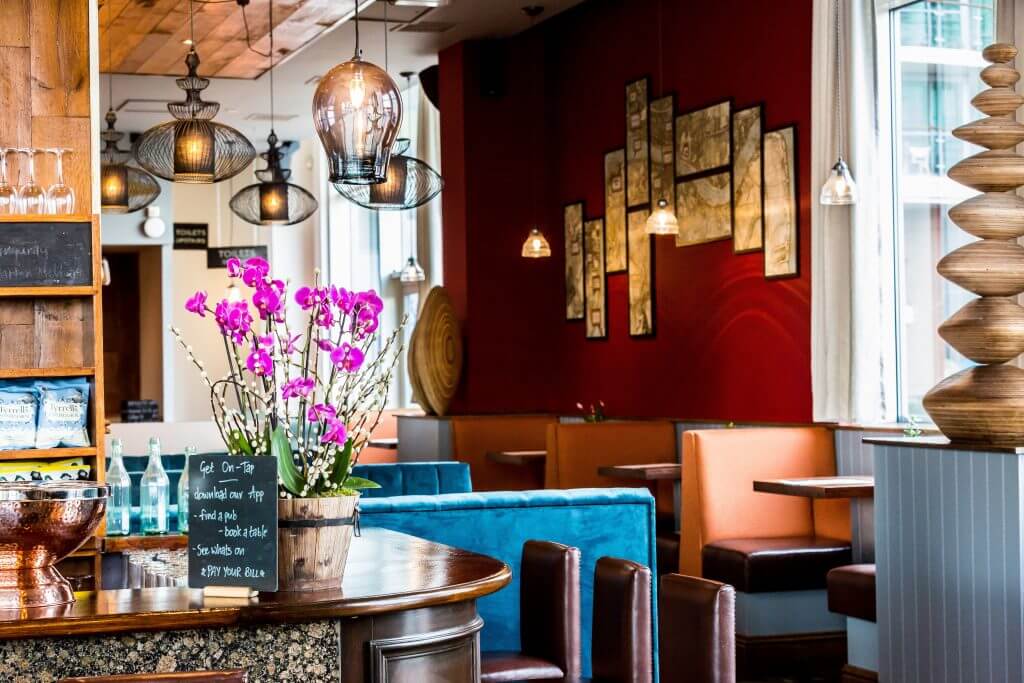
Venue Management
Digital Marketing Tips for Restaurants and Cafes: Beginners Guide
September 12, 2023
Most popular

Corporate Celebrations
November 28, 2025

Corporate Celebrations
November 28, 2025

Corporate Celebrations
January 29, 2026

Corporate Celebrations
January 22, 2026




Private Parties
December 2, 2024





